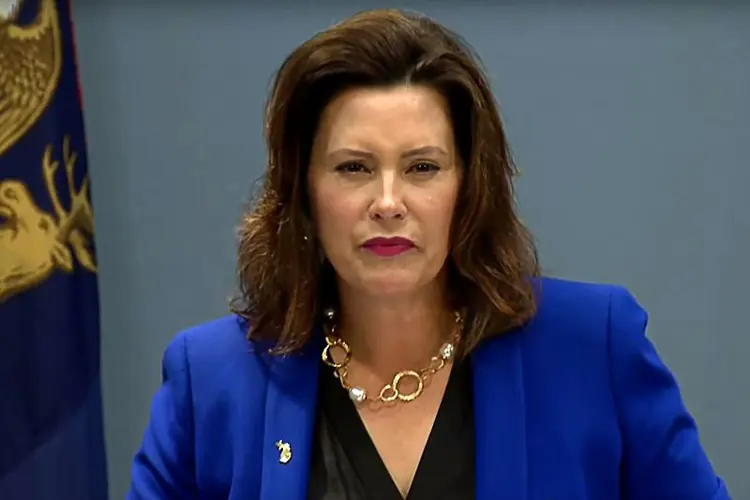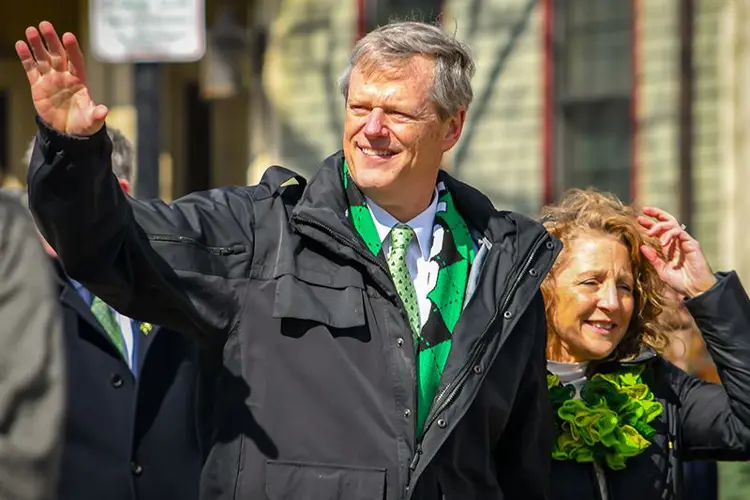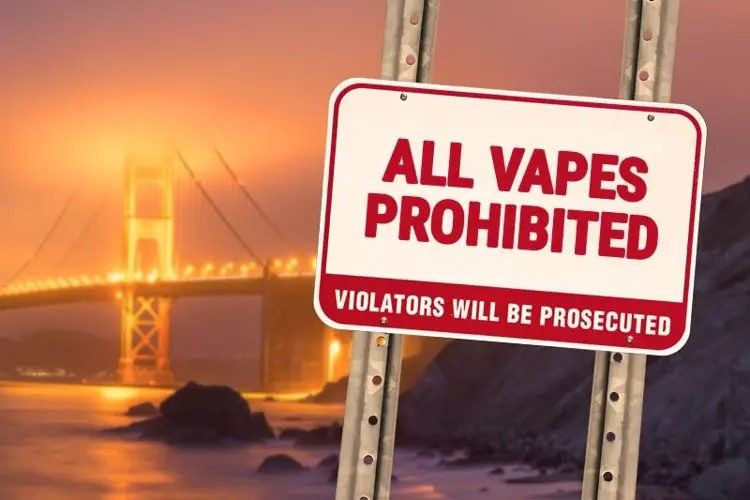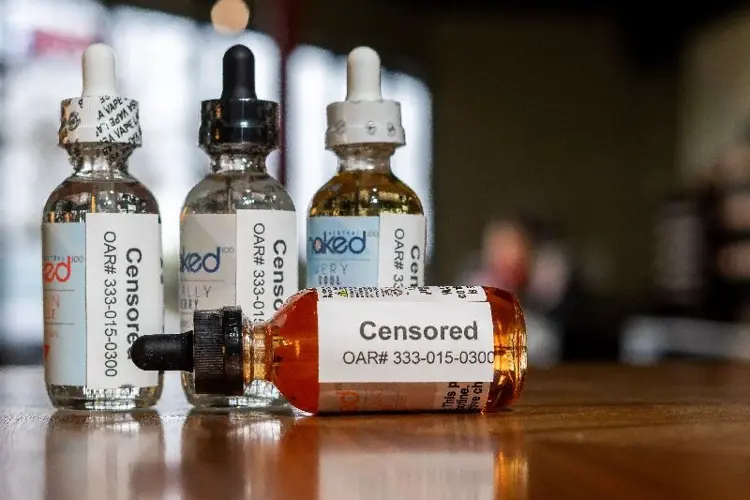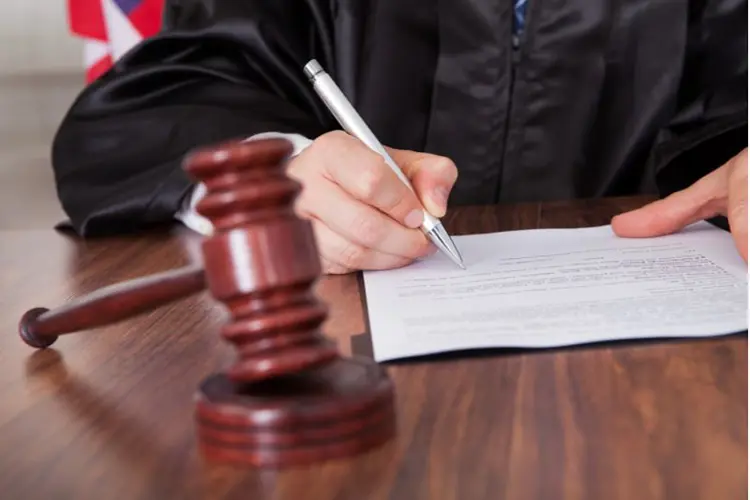Pronouncing themselves "leaders," the San Francisco Board of Supervisors voted to ban vaping products from being sold until the FDA approves them. The law requires another vote, but the results will not change. The supervisors unanimously approved the prohibition.
The law bans sales in city stores, and even online sales into the city.
San Francisco will not ban combustible cigarettes.
“I don't for a minute believe that any politician who is serious about trying to prevent youth smoking would propose as a solution allowing cigarettes to remain on the shelves without any further restrictions whatsoever,” wrote Boston University public health professor Michael Siegel, a well-known tobacco control expert. “But that is precisely what the Board of Supervisors is poised to do.”
“This legislation takes a reasoned approach,” said City Attorney Dennis Herrera in a statement. “It doesn’t ban e-cigarettes outright. It simply says that if a tobacco product is required to have FDA approval to be on the market, it can’t be sold in San Francisco until it receives that approval.”
No vape manufacturer has submitted a product to the FDA for marketing approval, mainly because there is widespread doubt the agency will approve one, and it could cost millions to complete the research and analysis the agency requires for a premarket tobacco application (PMTA). The FDA didn’t even issue final PMTA guidance till last week — nearly three years after announcing the Deeming Rule.
The San Francisco ban is being sold as an answer to the explosive popularity of San Francisco-based JUUL, and the teen vaping fad that former FDA Commissioner Scott Gottlieb called an epidemic. But losing the profits from sales in San Francisco will barely affect JUUL’s bottom line. The company isn’t even offended enough to move out: JUUL just purchased a 28-story office building in the city for a reported $400 million. JUUL says it will eventually occupy the entire building, in addition to maintaining its current headquarters in the city.
The controversial vape manufacturer is also leading a ballot initiative to overturn the vape ban. After collecting the required signatures from residents, the question will be put to voters this November. If passed, the measure would make vape sales in the city legal again. In fact, according to vaping advocate Stefan Didak, since the ban doesn’t take effect until seven months after the mayor signs it into law, it could be voided before it starts.
San Francisco prohibited sales of flavored vaping products (along with flavored combustible and smokeless tobacco products) last year, after residents voted to uphold the ban passed by the supervisors. That ballot measure was painted by opponents as a Big Tobacco trick. Anti-vaping organizations (and elected officials) will do the same thing this time.
"We spent the ’90s battling big tobacco, and now we see its new form in e-cigarettes," said Supervisor Shamann Walton, co-sponsor of the ban.
Before that referendum, Guy Bentley wrote in the Washington Examiner, “If it passes, anti-e-cigarette activists will be validated in their belief that so long as you proclaim your concern is for children you are justified in distorting the facts in whatever way you see fit.”
And that is exactly what has happened in California. Cities across the state have banned flavors, all in the name of protecting kids. One city, Beverly Hills, has banned all tobacco products — except, of course, cigars in expensive hotels and private clubs.
Now San Francisco has used the familiar “What about the children?” cry to become the first city in the country to pass legislation that effectively encourages people who smoke to keep smoking. If it stands, vapers will almost certainly see copycat bans across the country.
The Freemax REXA PRO and REXA SMART are highly advanced pod vapes, offering seemingly endless features, beautiful touchscreens, and new DUOMAX pods.
The OXVA XLIM Pro 2 DNA is powered by a custom-made Evolv DNA chipset, offering a Replay function and dry hit protection. Read our review to find out more.
The SKE Bar is a 2 mL replaceable pod vape with a 500 mAh battery, a 1.2-ohm mesh coil, and 35 flavors to choose from in 2% nicotine.
Because of declining cigarette sales, state governments in the U.S. and countries around the world are looking to vapor products as a new source of tax revenue.
The legal age to buy e-cigarettes and other vaping products varies around the world. The United States recently changed the legal minimum sales age to 21.
A list of vaping product flavor bans and online sales bans in the United States, and sales and possession bans in other countries.







